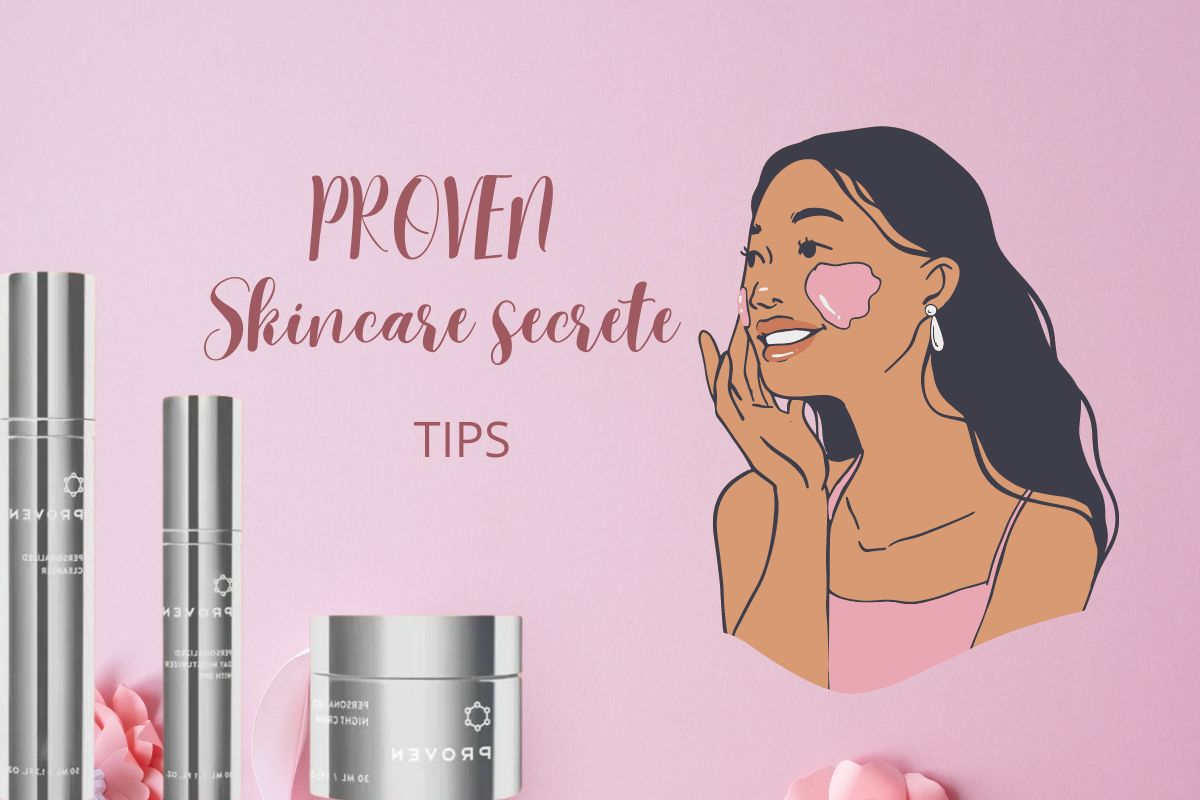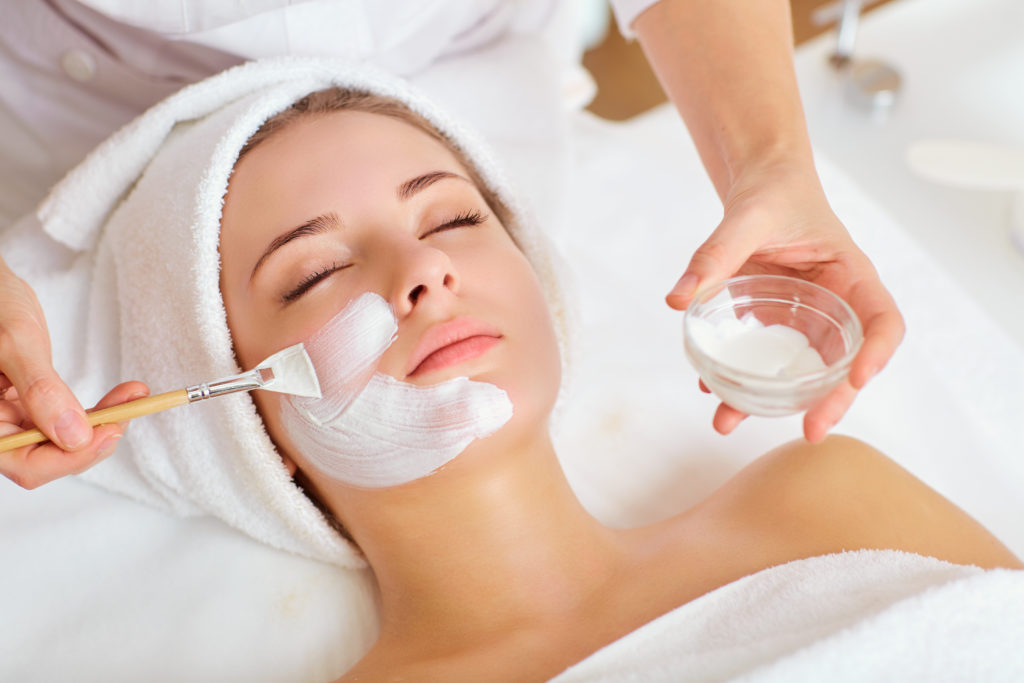Unveiling The Secrets To Radiant Skin: A Comprehensive Guide To Skin Care Products
Unveiling the Secrets to Radiant Skin: A Comprehensive Guide to Skin Care Products
Related Articles: Unveiling the Secrets to Radiant Skin: A Comprehensive Guide to Skin Care Products
Introduction
With great pleasure, we will explore the intriguing topic related to Unveiling the Secrets to Radiant Skin: A Comprehensive Guide to Skin Care Products. Let’s weave interesting information and offer fresh perspectives to the readers.
Table of Content
- 1 Related Articles: Unveiling the Secrets to Radiant Skin: A Comprehensive Guide to Skin Care Products
- 2 Introduction
- 3 Unveiling the Secrets to Radiant Skin: A Comprehensive Guide to Skin Care Products
- 3.1 Understanding the Science Behind Radiant Skin
- 3.2 The Role of Skin Care Products in Achieving Radiance
- 3.2.1 1. Cleansers: The Foundation of a Radiant Routine
- 3.2.2 2. Exfoliants: Unveiling the Radiant Skin Beneath
- 3.2.3 3. Toners: Balancing and Preparing the Skin
- 3.2.4 4. Serums: Targeted Solutions for Radiant Skin
- 3.2.5 5. Moisturizers: The Key to Hydration and Radiance
- 3.2.6 6. Eye Creams: Targeting the Delicate Eye Area
- 3.2.7 7. Sunscreens: Protecting Your Skin from the Sun’s Rays
- 3.3 Factors Influencing Skin Radiance
- 3.4 FAQs on Skin Care Products for Radiant Skin
- 3.5 Conclusion
- 4 Closure
Unveiling the Secrets to Radiant Skin: A Comprehensive Guide to Skin Care Products

The pursuit of radiant skin is a timeless endeavor, driven by a desire for a healthy, youthful, and confident appearance. While genetics play a role, the right skin care routine can significantly enhance skin’s natural glow. This comprehensive guide delves into the world of skin care products, exploring their mechanisms of action, key ingredients, and best practices for achieving a luminous complexion.
Understanding the Science Behind Radiant Skin
Radiant skin is characterized by a healthy, even tone, a smooth texture, and a natural luminosity. This desirable state is achieved through a combination of factors:
- Cellular Turnover: Skin cells constantly regenerate, shedding dead cells and replacing them with new ones. This process ensures a fresh, vibrant appearance.
- Hydration: Adequate hydration is crucial for maintaining skin’s plumpness and elasticity, contributing to a youthful and glowing look.
- Collagen Production: Collagen is a protein responsible for skin’s structural integrity and elasticity. As we age, collagen production declines, leading to wrinkles and sagging.
- Pigmentation: Skin tone is determined by the distribution of melanin, a pigment responsible for color. Even skin tone is a key aspect of a radiant complexion.
The Role of Skin Care Products in Achieving Radiance
Skin care products act as catalysts, supporting and enhancing these natural processes. They provide essential nutrients, protect against environmental damage, and stimulate cellular renewal, ultimately contributing to a more radiant appearance.
1. Cleansers: The Foundation of a Radiant Routine
Cleansers remove dirt, oil, makeup, and other impurities that can clog pores and dull the complexion.
-
Types of Cleansers:
- Oil-based cleansers: Effective for removing makeup and oil-based impurities.
- Water-based cleansers: Ideal for normal to oily skin, providing gentle cleansing.
- Foaming cleansers: Create a rich lather that effectively removes impurities.
-
Key Ingredients:
- Glycerin: A humectant that attracts and retains moisture.
- Salicylic acid: Exfoliates and helps clear pores.
- Hyaluronic acid: Attracts and holds moisture, promoting hydration.
Tips for Effective Cleansing:
- Choose a cleanser suitable for your skin type.
- Cleanse twice daily, morning and evening.
- Massage gently in circular motions, avoiding harsh scrubbing.
- Rinse thoroughly with lukewarm water.
2. Exfoliants: Unveiling the Radiant Skin Beneath
Exfoliants remove dead skin cells, revealing the fresh, radiant skin underneath.
-
Types of Exfoliants:
- Physical exfoliants: Contain abrasive particles like beads or granules to physically remove dead cells.
- Chemical exfoliants: Utilize acids like glycolic acid or salicylic acid to dissolve the bonds holding dead cells together.
-
Key Ingredients:
- Alpha Hydroxy Acids (AHAs): Glycolic acid, lactic acid, and malic acid are popular AHAs that exfoliate and brighten skin.
- Beta Hydroxy Acids (BHAs): Salicylic acid is a BHA that effectively penetrates pores and removes oil and dead cells.
Tips for Effective Exfoliation:
- Use exfoliants 1-2 times per week, depending on skin sensitivity.
- Choose a gentle exfoliant for sensitive skin.
- Avoid over-exfoliating, as it can irritate the skin.
3. Toners: Balancing and Preparing the Skin
Toners help restore skin’s pH balance, tighten pores, and prepare the skin for subsequent products.
-
Types of Toners:
- Alcohol-based toners: Can be drying, but effective for oily skin.
- Hydrating toners: Often contain humectants like glycerin or hyaluronic acid to replenish moisture.
- Exfoliating toners: Contain acids like AHAs or BHAs to gently exfoliate and brighten the skin.
-
Key Ingredients:
- Witch hazel: A natural astringent that helps tighten pores.
- Glycerin: A humectant that attracts and retains moisture.
- Hyaluronic acid: Attracts and holds moisture, promoting hydration.
Tips for Effective Toner Use:
- Apply toner after cleansing and before serum or moisturizer.
- Use a cotton pad to gently swipe the toner across the face.
- Avoid using toners that contain alcohol on sensitive skin.
4. Serums: Targeted Solutions for Radiant Skin
Serums are highly concentrated formulas designed to deliver specific benefits to the skin.
-
Types of Serums:
- Vitamin C serums: Brighten skin, reduce hyperpigmentation, and protect against environmental damage.
- Retinol serums: Promote collagen production, reduce wrinkles, and improve skin texture.
- Hyaluronic acid serums: Attract and hold moisture, plumping the skin and reducing the appearance of fine lines.
-
Key Ingredients:
- Vitamin C (L-Ascorbic Acid): A powerful antioxidant that protects against free radicals and brightens skin.
- Retinol (Vitamin A): Stimulates collagen production, reduces wrinkles, and improves skin texture.
- Hyaluronic acid: Attracts and holds moisture, promoting hydration.
Tips for Effective Serum Use:
- Apply serum after cleansing and toning, but before moisturizer.
- Use a few drops and gently massage into the skin.
- Allow the serum to fully absorb before applying moisturizer.
5. Moisturizers: The Key to Hydration and Radiance
Moisturizers replenish and retain moisture, keeping the skin hydrated and supple.
-
Types of Moisturizers:
- Oil-based moisturizers: Ideal for dry skin, providing intense hydration.
- Water-based moisturizers: Suitable for normal to oily skin, offering lighter hydration.
- Gel moisturizers: Provide lightweight hydration and are often preferred for oily skin.
-
Key Ingredients:
- Hyaluronic acid: Attracts and holds moisture, promoting hydration.
- Glycerin: A humectant that attracts and retains moisture.
- Ceramides: Lipids that help maintain the skin’s barrier function, preventing moisture loss.
Tips for Effective Moisturizer Use:
- Choose a moisturizer suitable for your skin type.
- Apply moisturizer after cleansing, toning, and serum.
- Massage gently into the skin, focusing on areas that tend to be drier.
6. Eye Creams: Targeting the Delicate Eye Area
Eye creams are specifically formulated for the delicate skin around the eyes, addressing concerns like dark circles, puffiness, and fine lines.
-
Key Ingredients:
- Caffeine: Helps reduce puffiness and dark circles.
- Retinol: Promotes collagen production, reduces wrinkles, and improves skin texture.
- Hyaluronic acid: Attracts and holds moisture, plumping the skin and reducing the appearance of fine lines.
Tips for Effective Eye Cream Use:
- Apply a small amount of eye cream to the orbital bone, avoiding the delicate eyelid area.
- Gently pat the cream into the skin with your ring finger.
- Use eye cream twice daily, morning and evening.
7. Sunscreens: Protecting Your Skin from the Sun’s Rays
Sunscreens are essential for protecting the skin from the harmful effects of the sun’s ultraviolet (UV) rays, which can cause premature aging, wrinkles, and skin cancer.
-
Types of Sunscreens:
- Chemical sunscreens: Absorb UV rays and convert them into heat.
- Mineral sunscreens: Create a physical barrier that reflects UV rays away from the skin.
-
Key Ingredients:
- Octinoxate and oxybenzone: Chemical sunscreen filters.
- Zinc oxide and titanium dioxide: Mineral sunscreen filters.
Tips for Effective Sunscreen Use:
- Apply sunscreen liberally to all exposed skin, including the face, neck, ears, and hands.
- Reapply sunscreen every two hours, especially after swimming or sweating.
- Choose a broad-spectrum sunscreen with an SPF of 30 or higher.
Factors Influencing Skin Radiance
While skin care products play a vital role, other factors significantly impact skin’s overall radiance:
- Diet: A balanced diet rich in fruits, vegetables, and antioxidants supports skin health and promotes a natural glow.
- Hydration: Drinking plenty of water keeps skin hydrated and supple, enhancing its natural radiance.
- Sleep: Adequate sleep allows the body to repair and regenerate skin cells, contributing to a refreshed and radiant complexion.
- Stress Management: Chronic stress can negatively impact skin health, leading to dullness and breakouts. Finding healthy ways to manage stress is essential for radiant skin.
FAQs on Skin Care Products for Radiant Skin
1. What are the best skin care products for achieving a radiant complexion?
The best skin care products for radiant skin vary depending on individual skin type, concerns, and preferences. It’s essential to choose products tailored to your specific needs.
2. How long does it take to see results from using skin care products?
Results from skin care products can vary depending on the product and individual skin type. Some products, like cleansers and moisturizers, may show immediate effects, while others, like retinol serums, require consistent use over several weeks or months to achieve noticeable results.
3. Can I use multiple skin care products at once?
Yes, you can use multiple skin care products in a routine, but it’s important to layer them in the correct order. Generally, products with a lighter consistency, like serums, are applied before thicker products, like moisturizers.
4. How often should I exfoliate my skin?
The frequency of exfoliation depends on skin type and sensitivity. For most people, exfoliating 1-2 times per week is sufficient. However, those with sensitive skin may only need to exfoliate once a week or less.
5. Are all skin care products safe for sensitive skin?
Not all skin care products are safe for sensitive skin. Look for products specifically formulated for sensitive skin, and always patch test new products before applying them to the entire face.
6. What are the best skin care ingredients for anti-aging?
Retinol, vitamin C, hyaluronic acid, and peptides are known for their anti-aging benefits. These ingredients promote collagen production, reduce wrinkles, and improve skin texture.
7. Can I use skin care products on my body?
Yes, many skin care products are safe for use on the body. However, it’s important to choose products specifically formulated for the body, as these may have a different consistency and ingredients.
8. How can I choose the right skin care products for my skin type?
Consult a dermatologist or esthetician for personalized recommendations. They can assess your skin type and concerns and recommend appropriate products.
9. What are some tips for maintaining radiant skin?
- Cleanse twice daily: Remove dirt, oil, and impurities to prevent clogged pores and dullness.
- Exfoliate 1-2 times per week: Remove dead skin cells to reveal brighter, more radiant skin.
- Hydrate your skin: Use a moisturizer suitable for your skin type to keep skin hydrated and supple.
- Protect your skin from the sun: Apply sunscreen daily to prevent premature aging and skin cancer.
- Eat a healthy diet: Consume plenty of fruits, vegetables, and antioxidants to support skin health.
- Get enough sleep: Allow your body to repair and regenerate skin cells while you sleep.
- Manage stress: Chronic stress can negatively impact skin health. Find healthy ways to manage stress.
Conclusion
Achieving radiant skin is a journey, not a destination. By incorporating the right skin care products into a consistent routine and adopting healthy lifestyle habits, you can unlock your skin’s natural luminosity and reveal a radiant, healthy, and confident you. Remember, patience and consistency are key to achieving lasting results. Consult a dermatologist or esthetician for personalized advice and guidance on building a skin care routine tailored to your unique needs and goals.




.png)



Closure
Thus, we hope this article has provided valuable insights into Unveiling the Secrets to Radiant Skin: A Comprehensive Guide to Skin Care Products. We appreciate your attention to our article. See you in our next article!
You may also like
Recent Posts
- The Art Of Persuasion: A Comprehensive Guide To Makeup Product Label Design
- A Comprehensive Look At Mary Kay Cosmetics: Reviews, Insights, And Considerations
- Affordable Skin Care: A Guide To Effective Products Under INR 100
- Navigating The World Of Mary Kay Discounted Products: A Comprehensive Guide
- The Power Of High-Resolution Images: A Guide To Acquiring The Best Visuals For Your Projects
- The Power Of Reviews: Navigating The World Of Makeup Products
- Swiss Beauty Makeup: A Comprehensive Guide To Quality And Affordability
- Embracing Natural Beauty: Makeup Tips And Techniques For Women Over 50
Leave a Reply